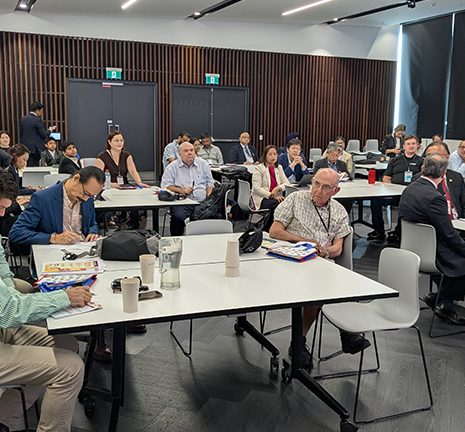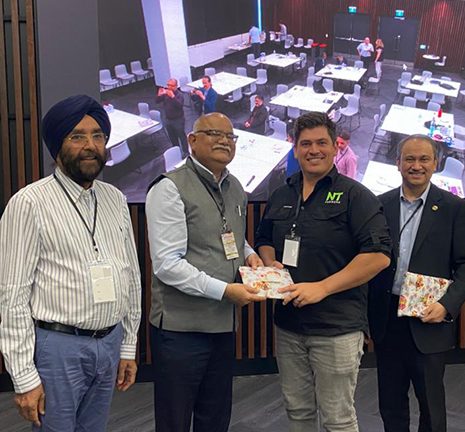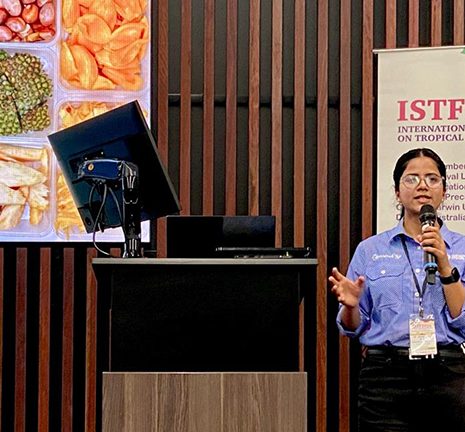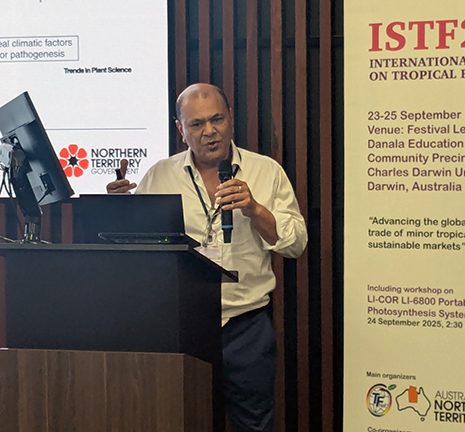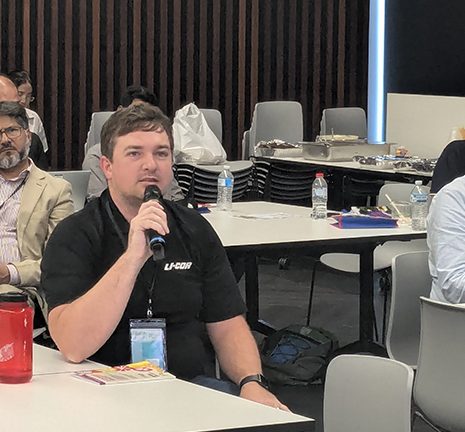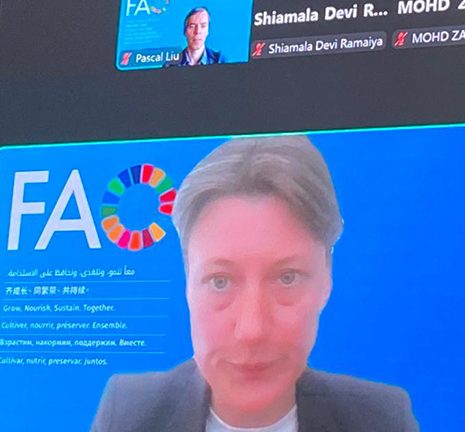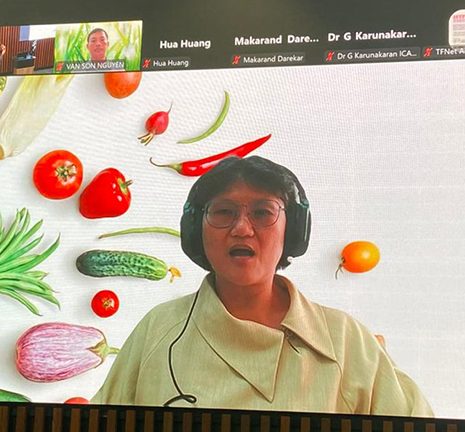The International Symposium on Tropical Fruits (ISTF2025) was held on 23-25 September at the Danala Education and Community Precinct, Charles Darwin University, Darwin, Australia.
It was organized by the International Tropical Fruits Network (TFNet) and the Department of Agriculture and Fisheries, Northern Territory Government, co-organized by the Guangdong Academy of Agricultural Sciences, Northern Territory Farmers Association (NT Farmers), and Charles Darwin University – Research Institute for Northern Agriculture (CDU RINA) with support from Agri Malaysia and the Consulate of Malaysia in Sydney.
With the theme Advancing the global production and trade of minor tropical fruits for sustainable markets, ISTF2025 aimed to promote awareness of economic and nutritional value of minor tropical fruits. Challenges and opportunities in production, post-harvest management, and trade were identified, and knowledge exchange was facilitated on innovative farming techniques, sustainable practices, and value addition.
There were a total of 40 physical participants and 31 online participants across 11 countries - Australia, Bangladesh, China, Fiji, India, Indonesia, Italy, Malaysia, New Zealand, Philippines, and Vietnam. Participants represented various stakeholders such as farmers, researchers, policy makers, government officials, and development agencies.
Twenty-nine presentations were delivered covering topics such as research and development, pest and disease management, market and trade, and solutions and best practices.
Opening ceremony - Working together to grow the industry
“Minor tropical fruits such as jackfruit, rambutan, longan, guava, dragon fruit and passion fruit play an essential role in diversifying diets, supporting rural livelihoods, and strengthening agricultural resilience,” said Datuk Seri Isham bin Ishak, Secretary General, Ministry of Agriculture and Food Security, Malaysia and Chairperson of the TFNet Board of Trustees during his opening address.

Global trade in minor tropical fruits has expanded rapidly in recent years, driven by rising incomes, shifting consumer preferences, and better supply chain systems.
“As the world demand for sustainable and diverse food sources increases, it is vital that producers, researchers, policymakers, and industry leaders come together to overcome challenges and foster innovation across the entire supply chain,” said Jed Matz, Acting Chief Executive Officer, Department of Agriculture and Fisheries, Northern Territory Government, Australia during his welcome address.

These challenges include the lack of economies of scale, inconsistent quality, absence of standardized production protocols, short shelf life, and fragmented logistics.
"ISTF2025 serves as a significant forum for sharing expertise, fostering collaborative partnerships, and developing strategies to advance minor tropical fruits in the market," said Datuk Seri Isham.
Panel discussion
During the panel discussion, experts discussed how to bridge the gap between researchers and farmers. Andrew Bourne, Chief Executive Officer of NT Farmers emphasized the importance of understanding the commercial realities and constraints of faced by farmers when implementing new technologies or practices. Research needs to demand-driven and aligned with industry needs, while also considering the risks and challenges faced by farmers.

The panelists also explored ways to promote minor tropical fruits to a larger market, including forming partnerships with processors and retailers, and developing strategic plans for growth.
Closing
“Over the past two days, we have explored opportunities and challenges in advancing the production, and trade of minor tropical fruits,” said TFNet Chief Executive Officer Muhamed Salim bin Mohd Ali in his closing speech.
He added: “The symposium has also been about building bridges between researchers, policymakers, industry players, and farmers. The knowledge and ideas shared here should not remain only within these walls – let us bring them back to our countries for the benefit of farmers and consumers.”
LI-COR portable photosynthesis system workshop
After the symposium, a workshop on the LI-6800 photosynthesis portable system was led by Eric Price, Technical Support Scientist, Li-COR. Meanwhile, Dr. Stephen Xu from CDU RINA provided practical examples of using LI-6800 in field research for cotton under Northern Territory conditions. After Mary Jo Kopt presented LI-COR products and services in Australia, a hands-on demonstration session of LI-6800 was held.
The next day, a field trip was conducted which featured visits to research facilities, training sessions, and a commercial rambutan farm.


